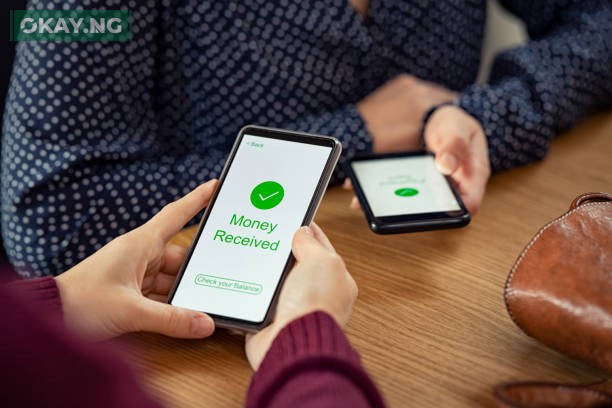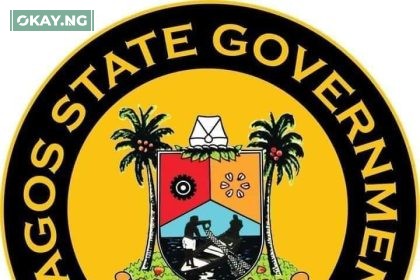Nigeria’s mobile money sector has witnessed a remarkable surge, with transaction values reaching a staggering ₦1.68 trillion within a single year. This explosive growth underscores the country’s accelerating adoption of digital financial services and its expanding fintech landscape.
The data, sourced from recent industry reports, highlights the pivotal role mobile money is playing in driving financial inclusion across Nigeria. This surge reflects a broader shift towards digital payments, propelled by increased mobile phone penetration and a growing appetite for convenient financial solutions. “This significant increase in mobile money transactions demonstrates the growing trust and reliance Nigerians place on digital financial services,” an industry analyst noted.
For many Nigerians, especially those in rural areas with limited access to traditional banking services, mobile money platforms offer a lifeline. These platforms facilitate essential transactions, including bill payments, money transfers, and even small business operations, directly from mobile phones. This accessibility is a key driver behind the sector’s rapid expansion.
“I’ve seen firsthand how mobile money has transformed the way people manage their finances,” I can attest from my years covering the tech sector. “For small traders, it means receiving payments instantly, reducing the risk of handling cash. For families, it’s a secure way to send money to loved ones across the country.”
Read Also: Nigeria PoS Transactions Surge to N18 Trillion in 2024: A Cash-Strapped Nation Turns to Digital
The rise in mobile money transactions is also closely linked to the proliferation of fintech companies in Nigeria. These innovative startups are developing user-friendly mobile wallets and payment solutions, catering to the diverse needs of the population. This dynamic ecosystem is further fueled by regulatory initiatives aimed at promoting digital financial inclusion.
However, the rapid growth also presents challenges. Ensuring the security and reliability of mobile money platforms is paramount. Educating users about fraud prevention and responsible digital financial practices is also crucial.
Looking ahead, the potential for mobile money in Nigeria remains immense. With continued investment in infrastructure and a focus on consumer protection, the sector is poised for further expansion. This growth has the potential to unlock significant economic opportunities, fostering financial inclusion and driving sustainable development.
In conclusion, the ₦1.68 trillion milestone in mobile money transactions is not just a number; it represents a significant step towards a more inclusive and digitally empowered Nigeria. As the sector continues to evolve, it will undoubtedly play a crucial role in shaping the country’s economic future.













